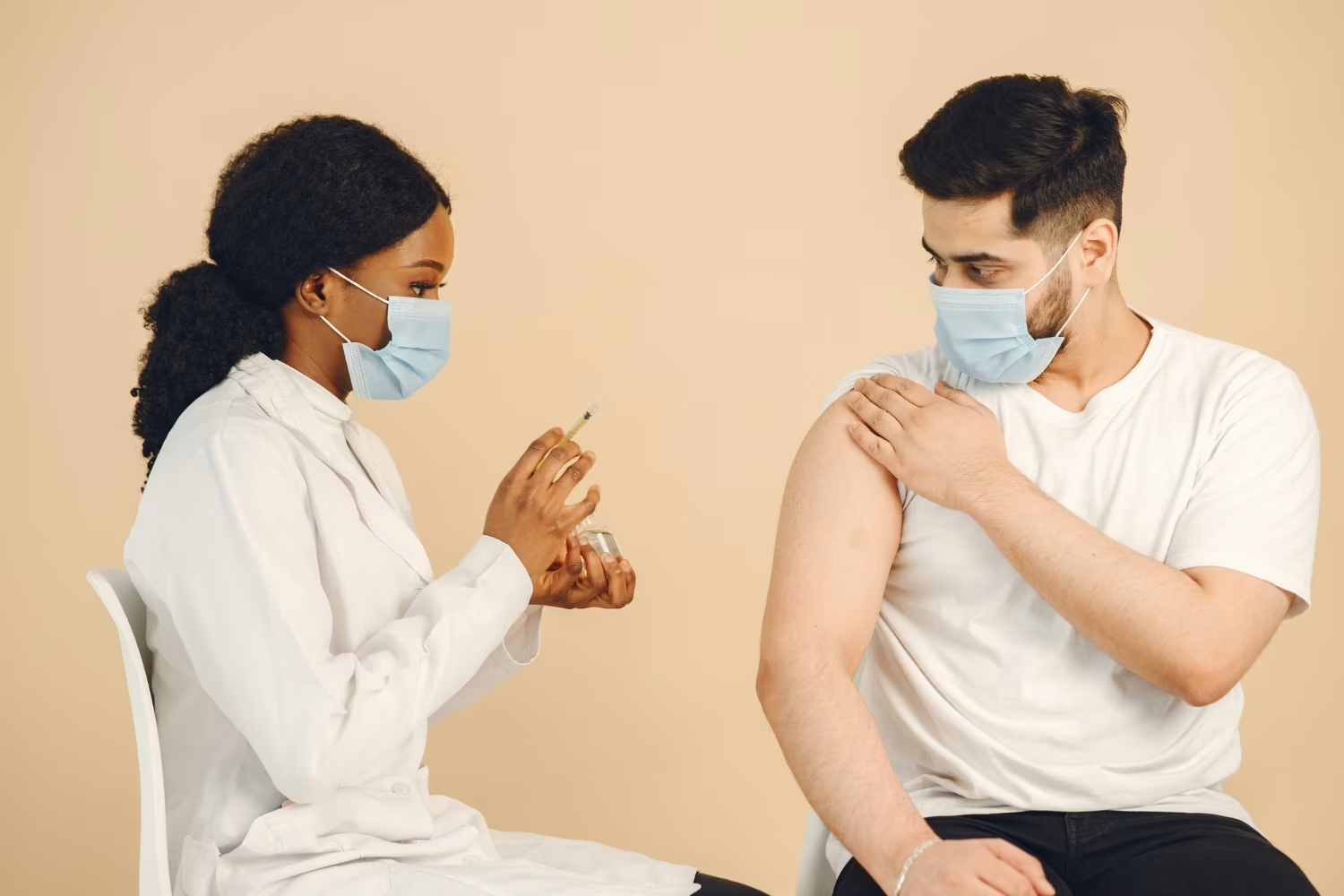
Menopause is a natural biological process that marks the end of a woman’s menstrual cycles, typically occurring in women in their late 40s or early 50s. It is diagnosed after 12 consecutive months without a menstrual period. While this is a natural part of ageing, it brings significant hormonal changes that can affect a woman's physical and emotional health.
Menopause is the time in a woman’s life when her ovaries cease to produce eggs and menstruation stops. This process results in decreased levels of hormones such as oestrogen and progesterone, which can lead to various symptoms and health changes. It officially occurs 12 months after a woman's last period. The transitional period leading up to menopause is called perimenopause, which can last several years.
The symptoms can vary greatly from woman to woman. Common symptoms include:
Early menopause, also known as premature menopause, occurs when a woman experiences menopause before the age of 40. This can happen naturally or as a result of medical interventions such as surgery or chemotherapy. Causes of early menopause include:
While menopause is a natural process and does not require treatment, many women seek relief from its symptoms. Treatment options include:
Menopause is a significant milestone in a woman's life, marking the end of reproductive years. Understanding its symptoms and treatment options can help women manage this transition more comfortably. Whether through hormone replacement therapy, lifestyle changes, or natural remedies, there are various ways to alleviate menopausal symptoms and maintain a good quality of life. For those experiencing early menopause, it is important to seek medical advice to manage symptoms and address any underlying health concerns.
Click here to book an appointment with one of our doctors at our Menopause clinic.





.jpg)